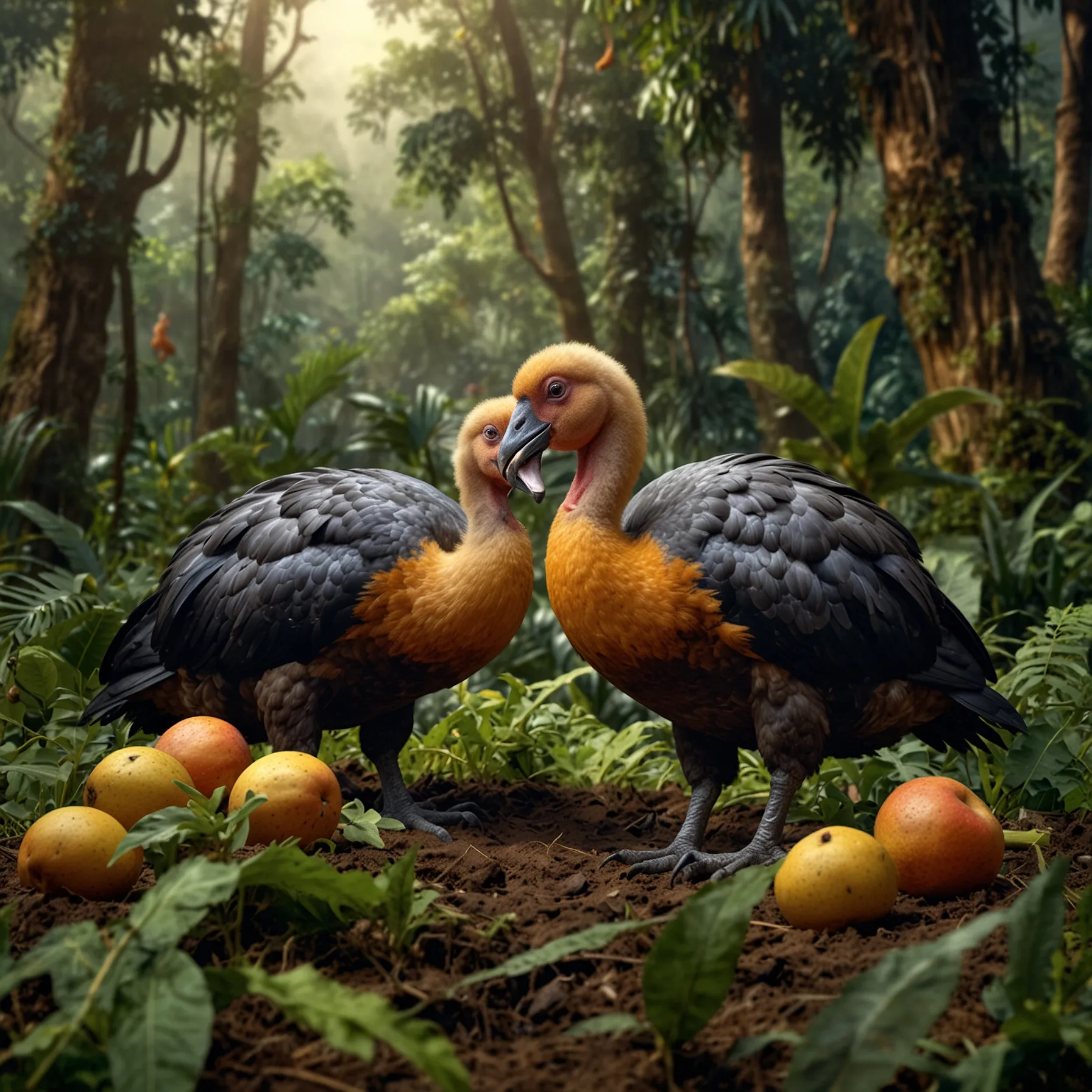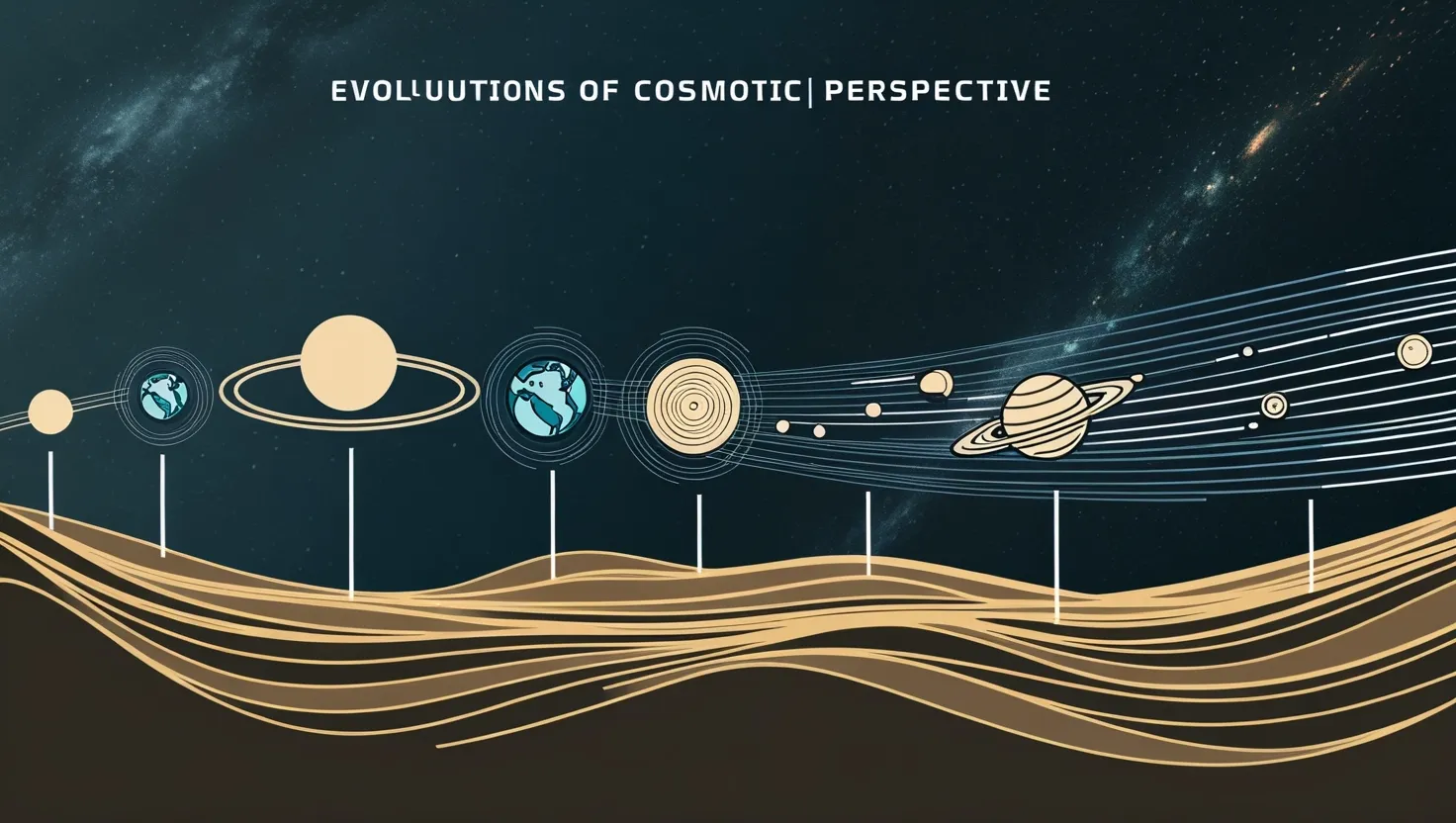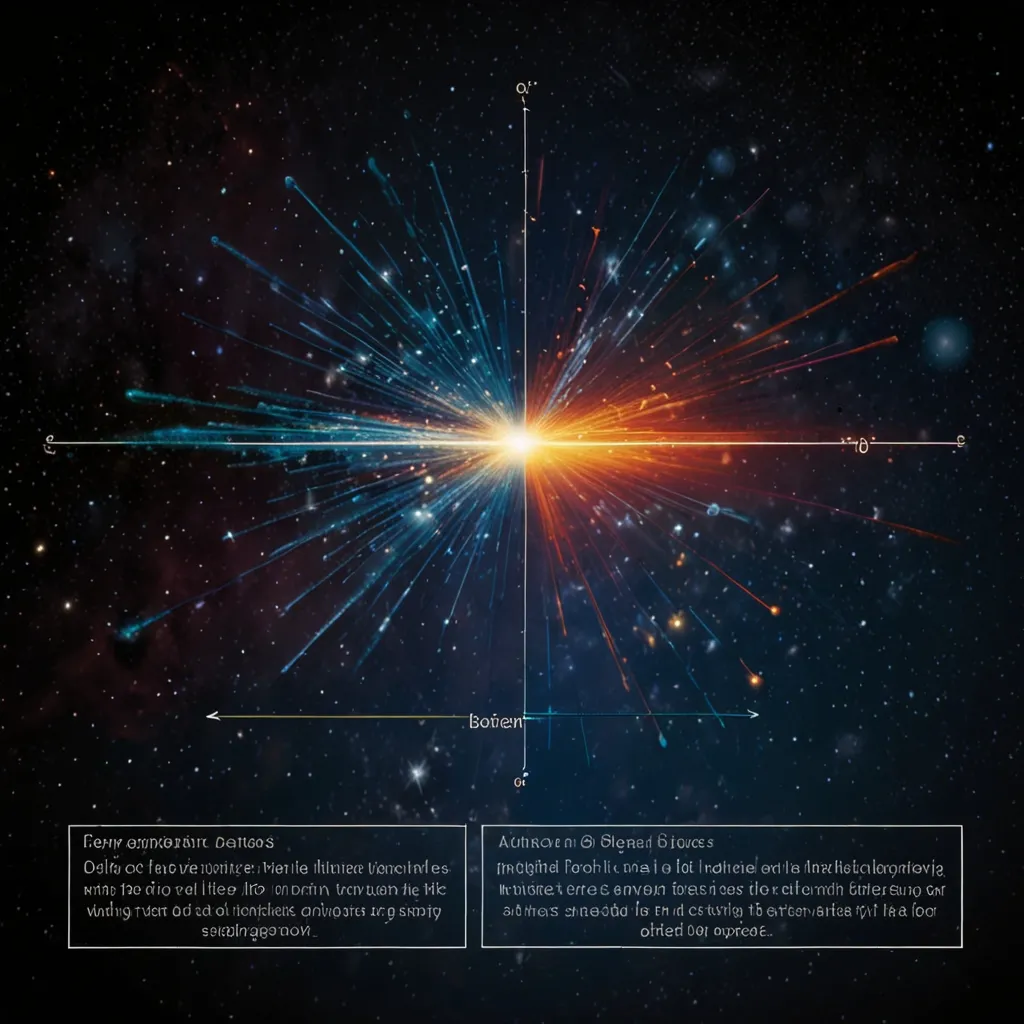Dodos are often misunderstood as brainless, clumsy birds doomed to extinction, but this couldn’t be further from the truth. To understand the real story of the dodos, we need to go back over 20 million years.
During that time, tropical pigeons from Southeast Asia ventured across the Indian Ocean, island-hopping until their descendants reached a remote archipelago east of Madagascar. About 8 million years ago, an underwater volcano birthed a new island in this chain, known today as Mauritius. Some of these bird ancestors made Mauritius their home, eventually evolving into dodos.
Mauritius was a paradise for dodos, with no large predators to worry about, thanks to the 800 kilometers of ocean surrounding it. Without the need for flight or other defensive traits, dodos adapted to life on the forest floor, feeding on fruits and seeds. They grew to just under a meter tall and became well-adapted to the island’s fluctuating wet and dry seasons. They survived even during a massive megadrought 4,300 years ago that wreaked havoc on the island.
However, everything changed in 1598 when Dutch sailors landed on Mauritius. The island became a regular stopover for trade ships, and the sailors documented the island’s natural wonders, including the dodos and giant tortoises. The island’s animals, having never faced human predators, were easy targets. While sailors did hunt dodos, that wasn’t the primary reason for their extinction.
The Dutch brought more than just stories. They introduced invasive species like macaques, goats, pigs, and rats to Mauritius. These animals destroyed the dodos’ habitat, preyed on their eggs and chicks, and competed for food. Less than a century after the Dutch arrived, dodos were no more.
At that time, people didn’t understand the concept of extinction. It took until the 1790s for scientists to confirm that species could vanish forever. By then, many believed dodos were mythical creatures. Early descriptions painted dodos as stupid and ugly, and Lewis Carroll’s “Alice’s Adventures in Wonderland” popularized this notion further. In reality, dodos were no less intelligent than other pigeons.
The myth of the dodo as clumsy and unfit for survival is misleading. Evidence suggests they were muscular, capable survivors who withstood natural disasters on Mauritius for millennia. Their sudden downfall was due to invasive species humans introduced, not their own shortcomings.
The dodo’s story is a reminder that sometimes, it’s easier to blame the victim than to acknowledge our role in their demise.






